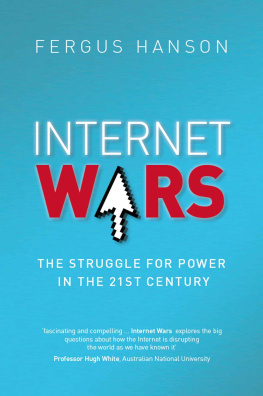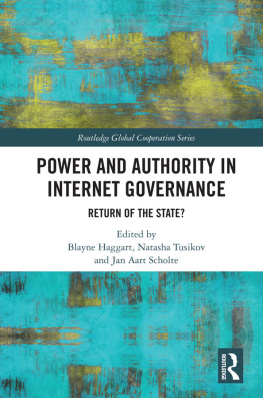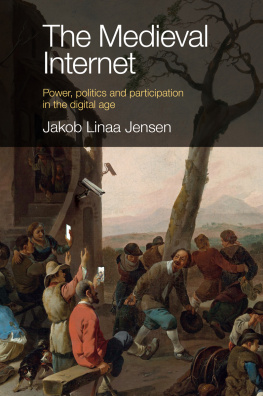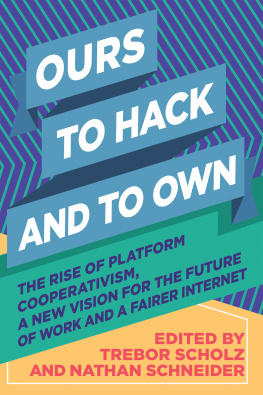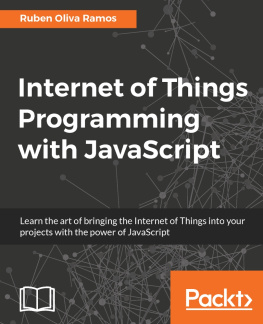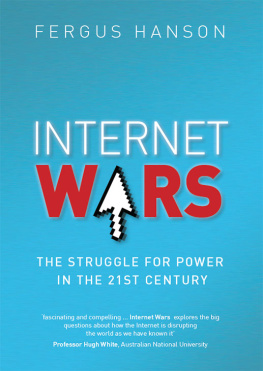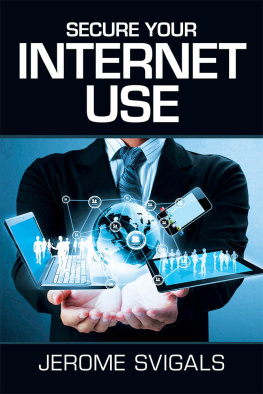Internet Wars
The struggle for power
in the twenty-first century
Fergus Hanson


Published in 2015 by
Longueville Media
PO Box 205
Haberfield NSW 2045 Australia
www.longmedia.com.au
T. +61 2 9362 8441
Copyright Fergus Hanson 2015
All rights reserved. No part of this publication may be reproduced or transmitted in any form or by any means, electronic or mechanical, including photocopying, recording or by any information storage and retrieval system, without the prior permission in writing from the author, publisher and copyright holders.
For the National Library of Australia Cataloguing-in-Publication entry visit
www.nla.gov.au
ISBN: 978-1-920681-96-8
eBook ISBN: 978-1-920681-68-5
Digital edition distributed by
Port Campbell Press
www.portcampbellpress.com.au
eBook Created by
To Lauren, Jane and Nils. Thank you.
Contents
When we change the way we communicate, we change society. Clay Shirky
a radical antiestablishment ethic became embedded in our technologies. Nicco Mele
Civilians have rushed the field David Kilcullen
Many Middle Eastern countries, Russia, China and others are going to take an increasingly aggressive stand to try to control the internet. Alec Ross
Could it be that the internet, contrary to our expectations, actually creates monopolies? Professor Tim Wu
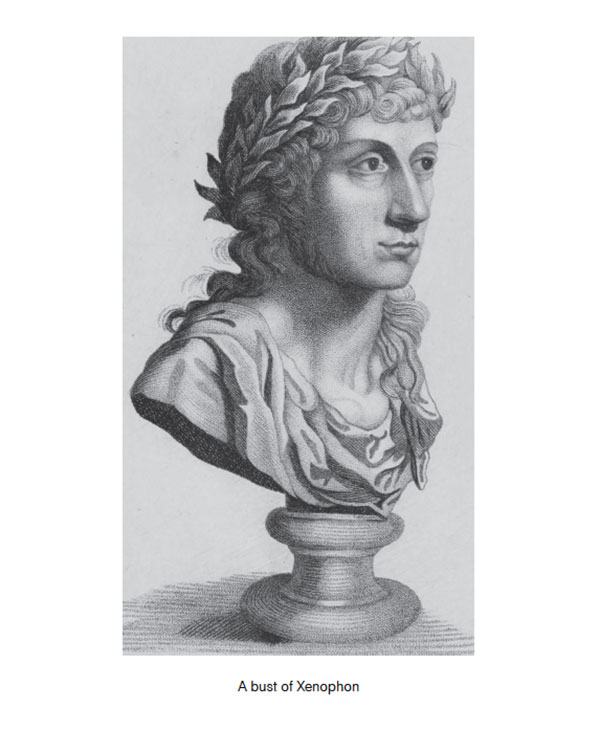
From The Anabasis of Xenophon (1847). Internet Archive Book Images via flickr
Introduction
Thalassa, thalassa
The internet is the first thing that humanity has built that humanity doesnt understand, the largest experiment in anarchy that we have ever had. Eric Schmidt
What does the Greek soldier Xenophon have in common with the internet?
In his most famous work Xenophon recounts the heroic march home of the 10,000 men he has been chosen to lead from a failed campaign in Persia.
Rather than return the way they had come, overland through a treacherous Asia Minor, Xenophon decided to strike north in search of the Black Sea. Through hostile territory they battled their way to the mountaintop of Theches, from which his band of men issued their now legendary cry, Thalassa, thalassa , the sea, the sea.
For where there was sea, the Greek language was understood, thanks to the network of Greek coastal cities. As a result, their safe passage home was assured.
The sea was the channel through which a revolutionary new civilization spread its ideas, culture, and knowledge. Looked at from another angle, it was also the principal means of exercising political, economic, and military influence beyond Athens.
Governments and merchants have always relied on networks to trade and exert influence and control. However, in the last decade, a radical new network has begun to fully manifest itself: the internet.
Like the mighty thalassa for the Greeks, the internet has been a conduit for the global dissemination of ideas, culture, and knowledge. However, just like thalassa, it also offers up the opportunity for exercising extraordinary political, economic, and military power.
Thalassa is a common good. Anyone can use it. It is a communication, trade, and military network. Any people, anywhere, could harness it in the same way as the Greeks. The Greeks were not alone in using the sea; people everywhere were fishing and sailing the worlds waters. What the Greeks managed, and all great naval powers after them, was sufficient control and mastery over this network, relative to their rivals, to give them a distinct edge.
The internet is similarly open to anyone to use. Billions of us fish and sail its waters every day to conduct an abundance of professional and personal activity. Yet, to those who can master it in the same way the Greeks harnessed thalassa , there is the promise of much more: extraordinary power and wealth.
How extraordinary? Already exploitation of this new super-network has helped create the most valuable company in history, toppled governments around the world, led to the largest wealth transfer in history through stolen intellectual property, and created the most extensive global surveillance system ever known.
Internet Wars is about the race to master and control the internet, the largest political and economic arena the world has ever known.
It asks you to think of the internet as something other than a plaything or commercial tool. It asks you to think of it as a platform through which to exercise power. All of humankind is on track to eventually become linked through this single, common platform that is gathering unprecedented amounts of data about all of us. It has opened a gateway to corporations most valuable intellectual property and connects with our most critical pieces of infrastructure. The implications of this for the exercise of power are vast, and Internet Wars looks at the three areas where the disruption has been greatest: people power, government power, and economic power.
Internet Wars breaks down the dynamics at play in each of these critical areas and puts whats happening into a wider context. It takes the human narratives that tell the emerging story about the internets transformation and explains how this threatens the status quo.
At present, trying to understand the internets impact on our world is like trying to comprehend climate change without knowing about the impact of carbon emissions at a planetary level. Individual scientists could make detailed observations about changes in ocean currents, polar ice caps, fish stocks, and the frequency of extreme weather events, but without an overarching framework, it would be hard to grasp that they are all related. More importantly, it would impede our ability to change the path of history by preventing, or at least mitigating, further harm and, in the case of the internet, preserving its most empowering features.
In this way, observers have been noticing how the internet is disrupting discrete areas of society. Bookstores are full of tomes analyzing its impact on the Arab Spring, privacy, business, communications, criminals, warfare the list goes on. But what can we learn by placing all these isolated observations in a wider context of power?
For everyday citizens, the internet has opened up a range of opportunities that have altered their power vis--vis the state, corporations, and traditional interest groups. Internet Wars looks at the empowerment of citizens from three perspectives: mass mobilization through digital campaigning, radical societal transformation through networked NGOs run by small groups of committed individuals, and street mobilization to topple governments.
The masses are being presented with radical new ways to aggregate their voice in order to exert influence on decision makers. For the first time in history, we are able to do this on a regular basis, outside formal structures like trade unions and political parties. New online movement sites are bringing the principles of unionism in the workplace to policy making by the masses. Groups like Change.org, 38 Degrees, and Purpose are helping to organize people en masse around a string of largely progressive causes, from the extremely local to the international. With their astute targeting, promotion, and messaging, they are introducing a new dynamic force into the established political landscape.
Next page
